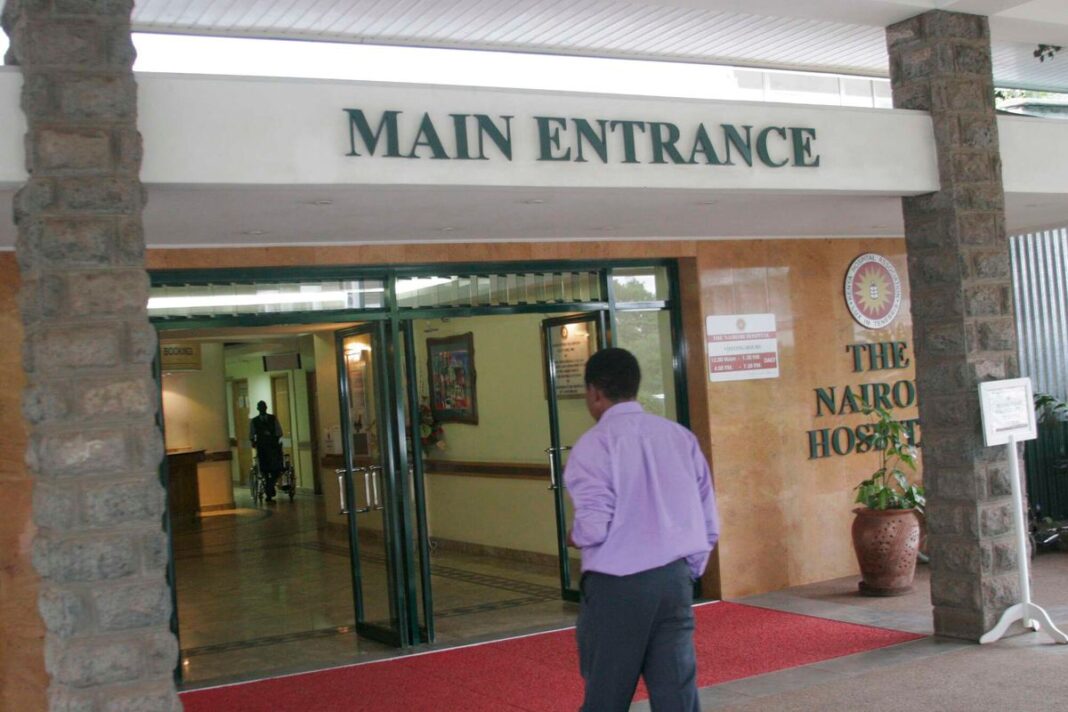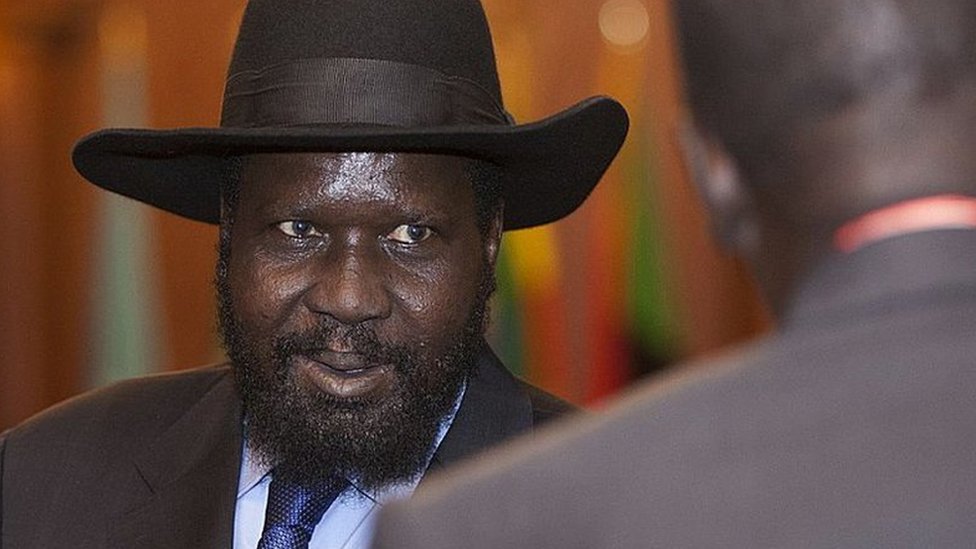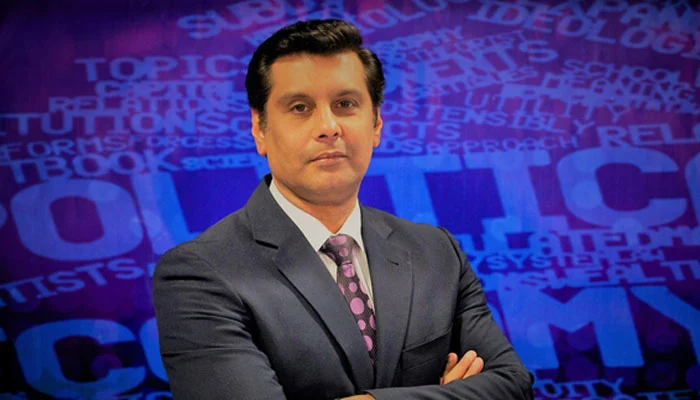The Nairobi Hospital has ignited a fierce standoff with medical insurers after implementing dramatic price increases of up to 61.3 percent across key medical services, raising fears that patients could be left with massive out-of-pocket expenses.
The prestigious private healthcare facility, which generates over Sh11 billion in annual revenue, quietly rolled out the controversial price adjustments on July 1, affecting critical services including CT scans, MRI procedures, ultrasounds, and daily bed charges.
Insurance companies have reacted with alarm, issuing ultimatums to the hospital and threatening to reject claims based on the new pricing structure. In letters seen by this publication, insurers gave the hospital a 30-day deadline starting July 11 to reverse the increases or face claim rejections.
The most significant monetary increases target diagnostic procedures that patients frequently require. Pap smear and HPV tests have jumped by Sh5,000 to Sh16,500, while abdomen CT scans now cost Sh30,000 – a Sh5,000 increase. Heart MRI procedures have risen to Sh45,000, adding Sh5,000 to the previous rate.
Intensive Care Unit services, critical for seriously ill patients, will now cost an additional Sh3,250 daily, bringing the total to Sh42,250. Other substantial increases include chest MRI rising by Sh4,000 to Sh27,000.
The most dramatic percentage increase affects haemoglobin tests, which have soared 61.3 percent from Sh930 to Sh1,500, though the absolute increase remains modest at Sh570.
Hospital Cites Economic Pressures
Felix Osano, CEO of The Nairobi Hospital, defended the price adjustments as necessary responses to escalating operational costs. He attributed the increases to “significant supply chain disruptions” that have inflated costs for drugs, medicines, surgical supplies, and laboratory materials.
“The overall price adjustment implemented on some few service lines was an average of less than five percent, in contrast to an average cost increase of more than 11 percent,” Osano stated, emphasizing that increases were selectively applied rather than implemented across all services.
The hospital has increased charges on 46 different services, with adjustments ranging from Sh70 to Sh5,000. Data from the Kenya National Bureau of Statistics supports the hospital’s cost pressures, showing health inflation at 3.7 percent in June 2025, making it one of the top inflation drivers behind food and beverages.
Insurance Industry Pushback
Medical insurers have mounted fierce resistance to the price increases, arguing they cannot absorb the additional costs without either raising customer premiums or cutting into already thin margins. Several insurance companies have written formal protest letters demanding the hospital reverse its decision.
“We note with concern that the changes were effected without addressing the issues we raised… Please be advised that the revised pricing will not be honoured until both parties reach a mutually agreeable resolution,” one insurer wrote to the hospital.
The insurance industry’s concerns are rooted in recent financial struggles. Medical insurers posted a Sh468.35 million underwriting loss in 2024, though this represented an improvement from the Sh1.79 billion loss recorded the previous year. Medical claims payments rose 20.2 percent to Sh44.62 billion, putting additional pressure on insurers’ finances.
The dispute threatens to leave patients caught in the middle, potentially facing substantial bills for essential medical services. In 2023 alone, Nairobi Hospital served over 15,900 admitted patients, handled more than 145,000 emergency cases, and conducted 640,590 laboratory tests.
The hospital’s financial performance has been volatile, swinging between profits and losses over recent years. After posting a Sh564.67 million loss in 2022, the facility recovered to achieve a Sh190.72 million profit in 2023, suggesting the institution may be seeking to stabilize its financial position through higher charges.
The facility’s top revenue sources in 2023 were medicine and drugs (Sh3.67 billion), laboratory services (Sh2.28 billion), inpatient bed fees (Sh1.58 billion), surgical procedures (Sh964.38 million), and emergency services (Sh844.42 million), collectively accounting for 80.4 percent of total revenue.
This dispute reflects deeper tensions within Kenya’s private healthcare market, where insurers routinely accuse hospitals of inflating bills through unnecessary procedures and expensive branded medications. Hospitals counter that they cannot compromise patient care quality to satisfy insurers’ cost-cutting demands.
The Nairobi Hospital, which began as the European Hospital in 1954 and now operates as a major medical complex with over 400 beds and six outpatient centers across Nairobi, represents a significant player in the country’s private healthcare sector.
As negotiations continue, both sides face pressure to resolve the standoff quickly. Insurers warn that prolonged disputes could force them to suspend coverage entirely, while the hospital maintains its need for sustainable pricing to ensure quality care delivery.
The outcome of this confrontation could set precedents for pricing disputes across Kenya’s private healthcare sector, potentially affecting patient access and insurance coverage nationwide.


